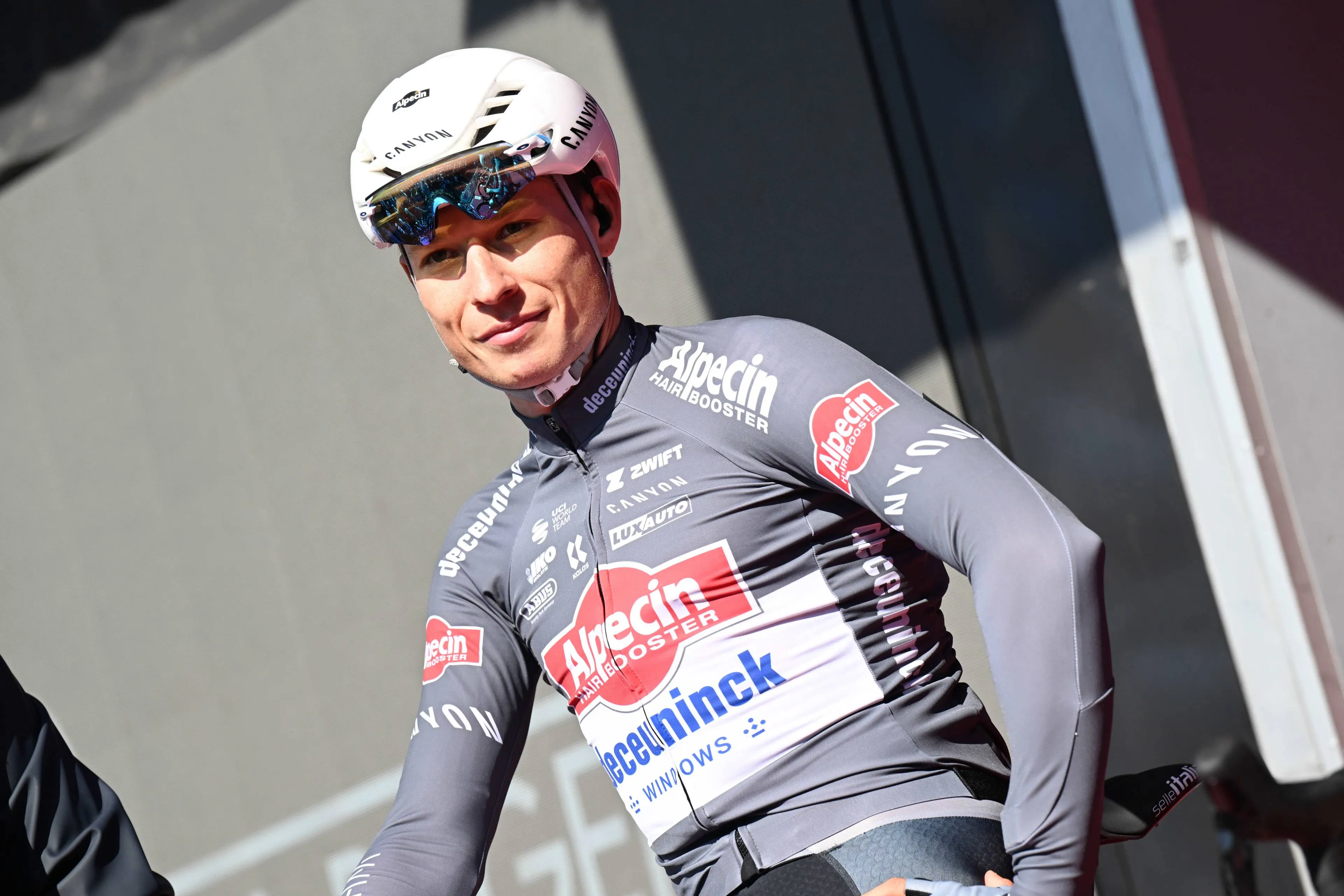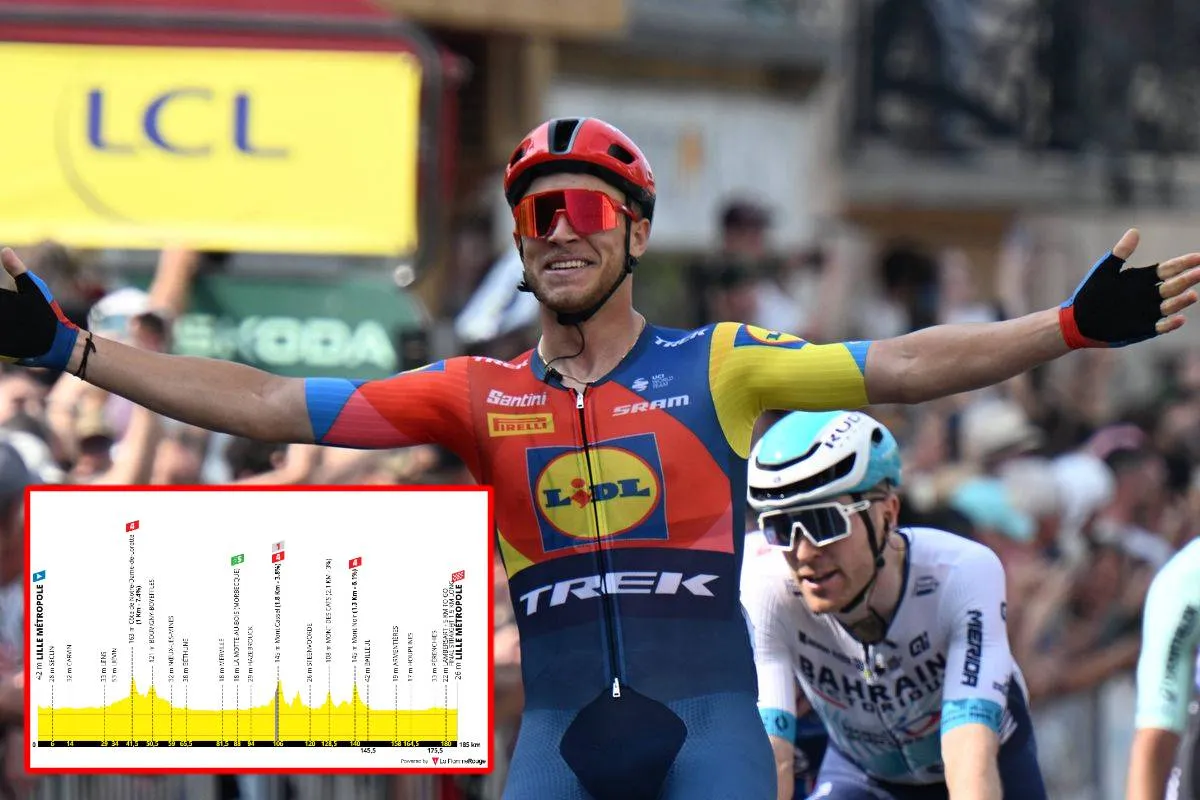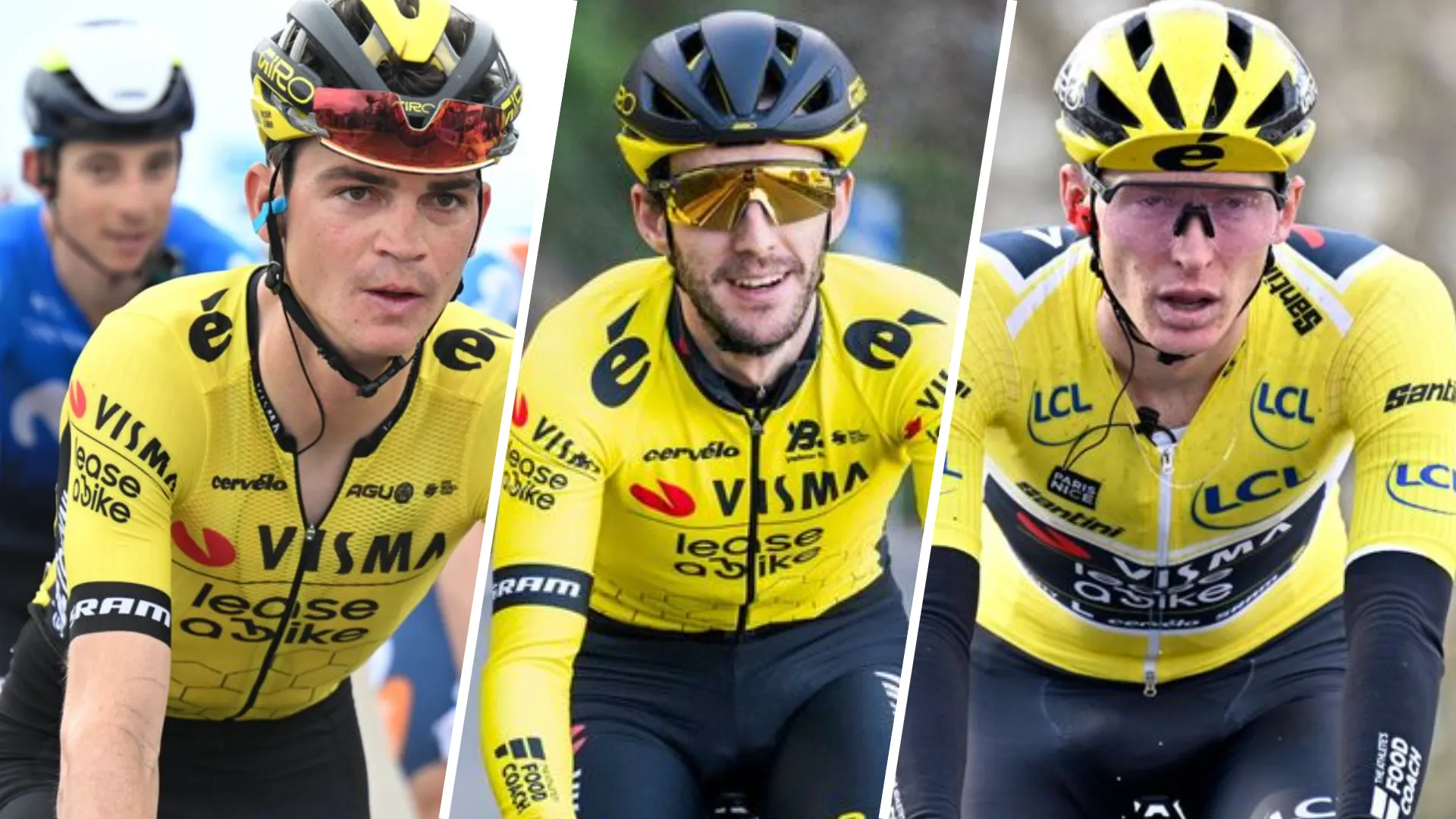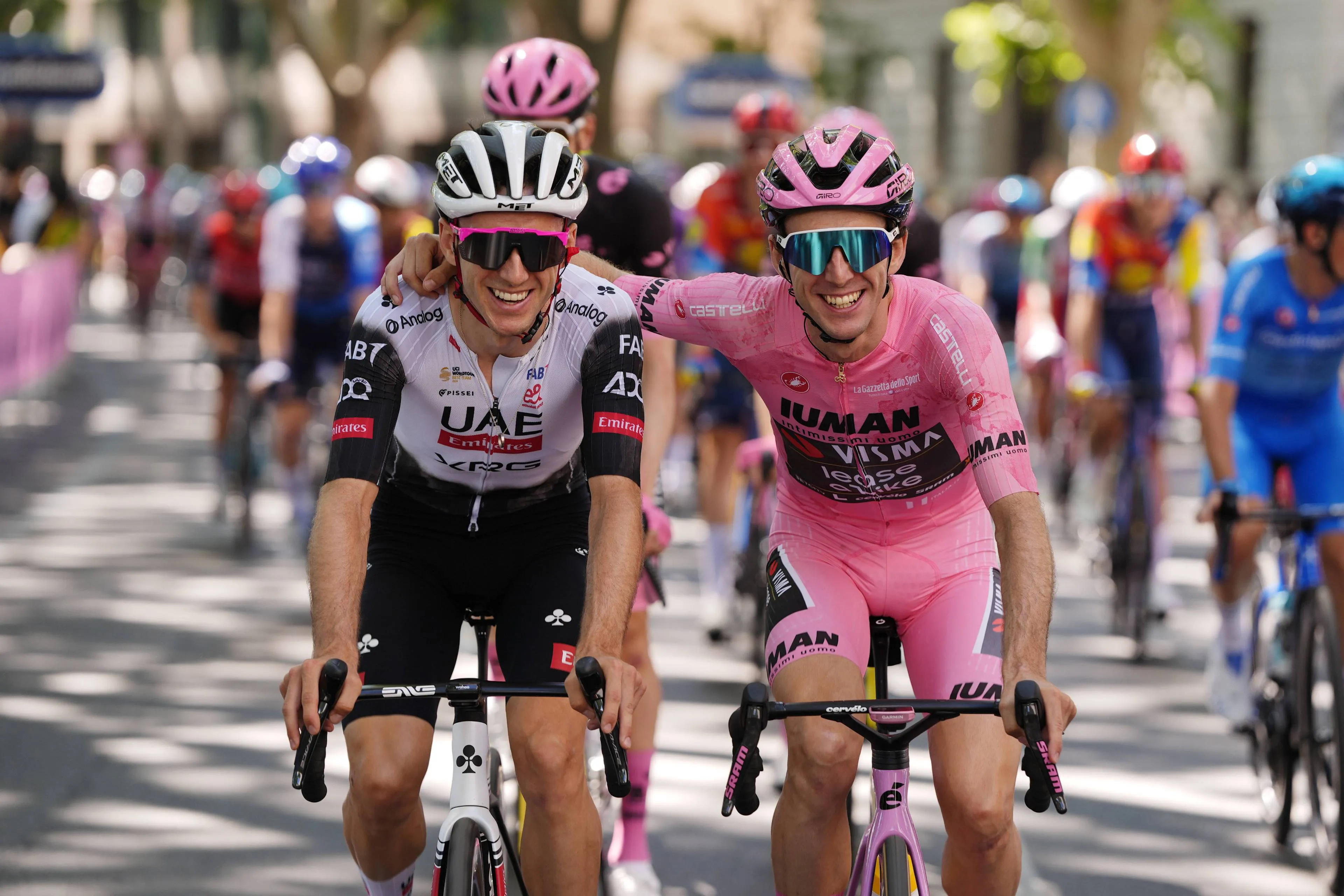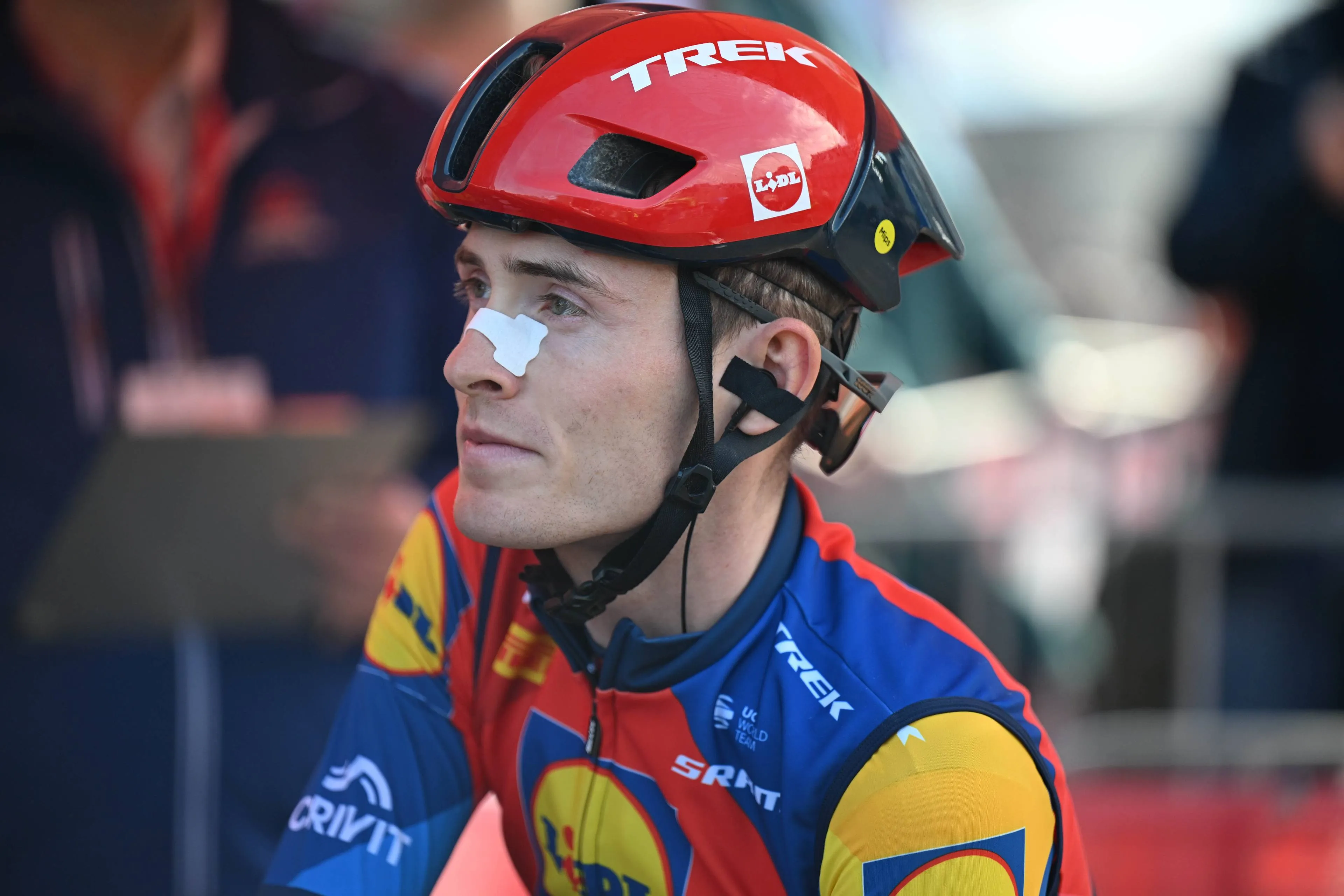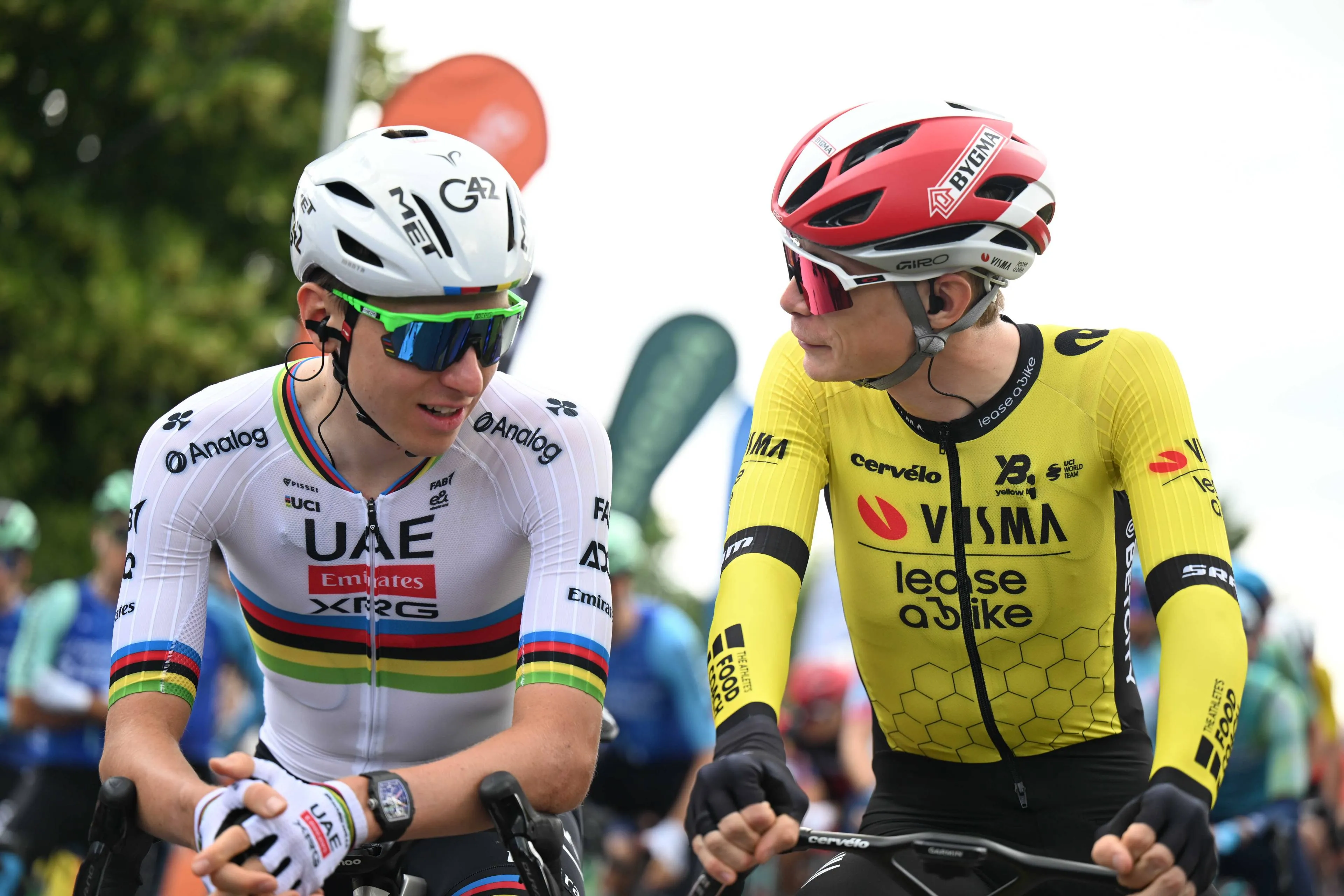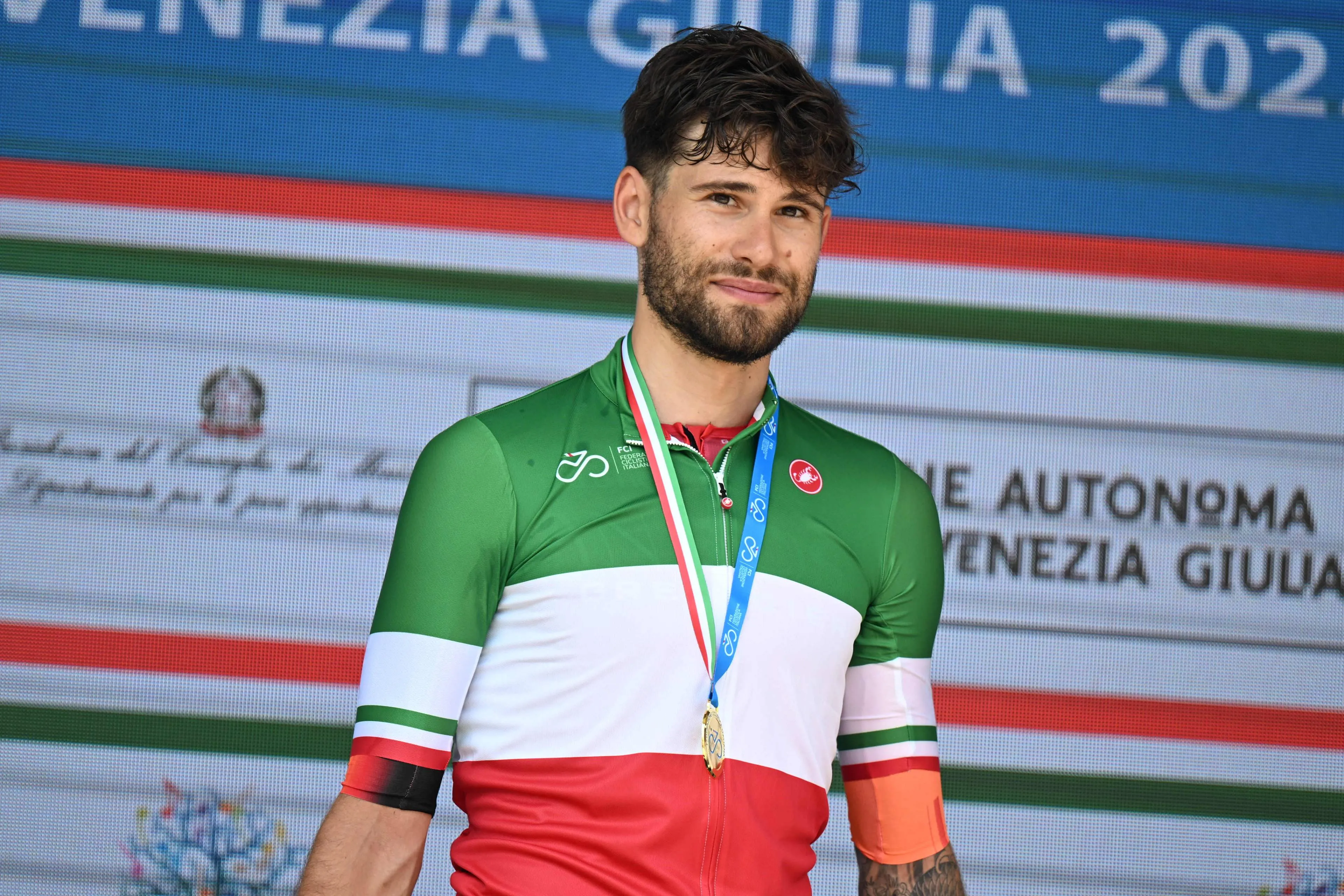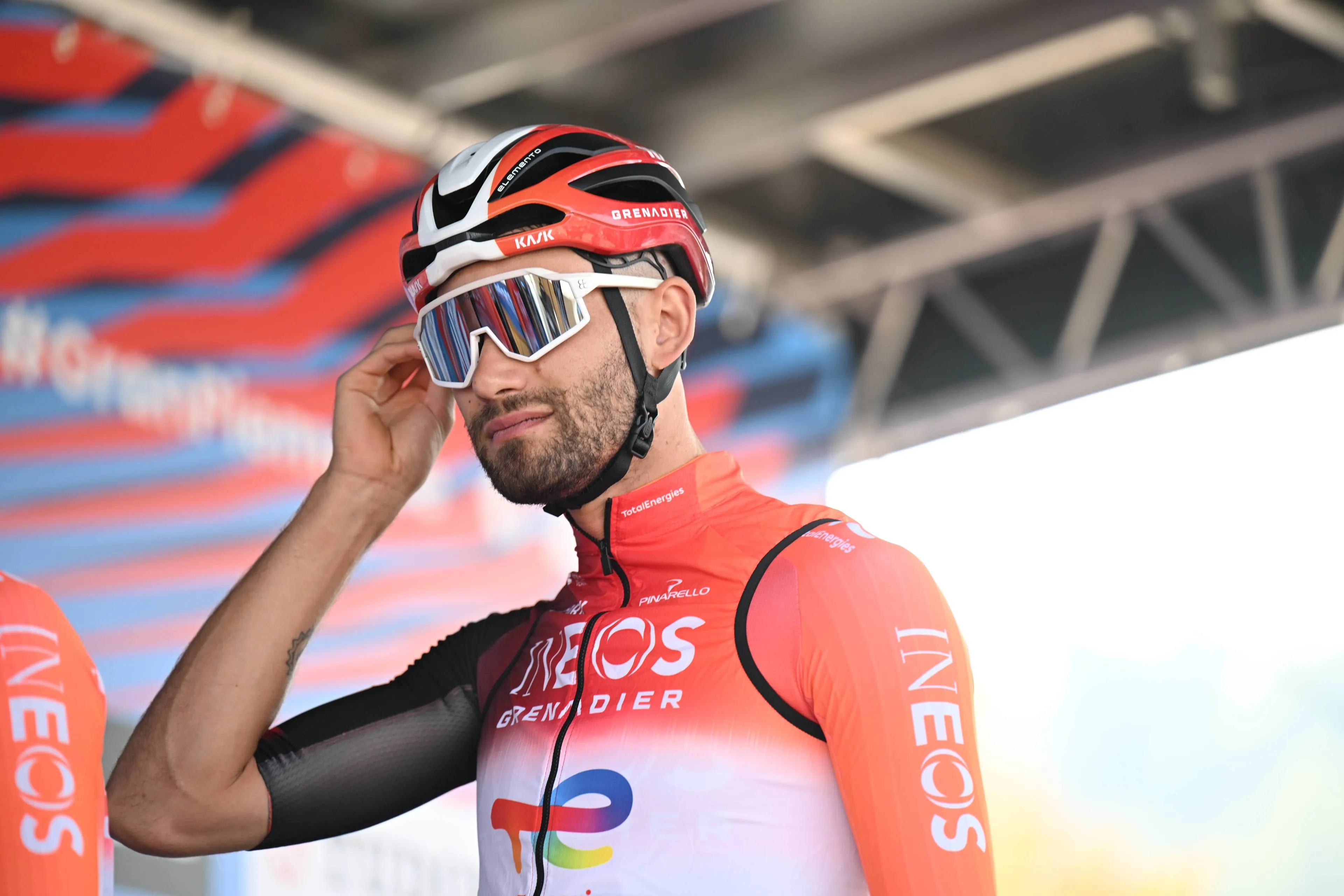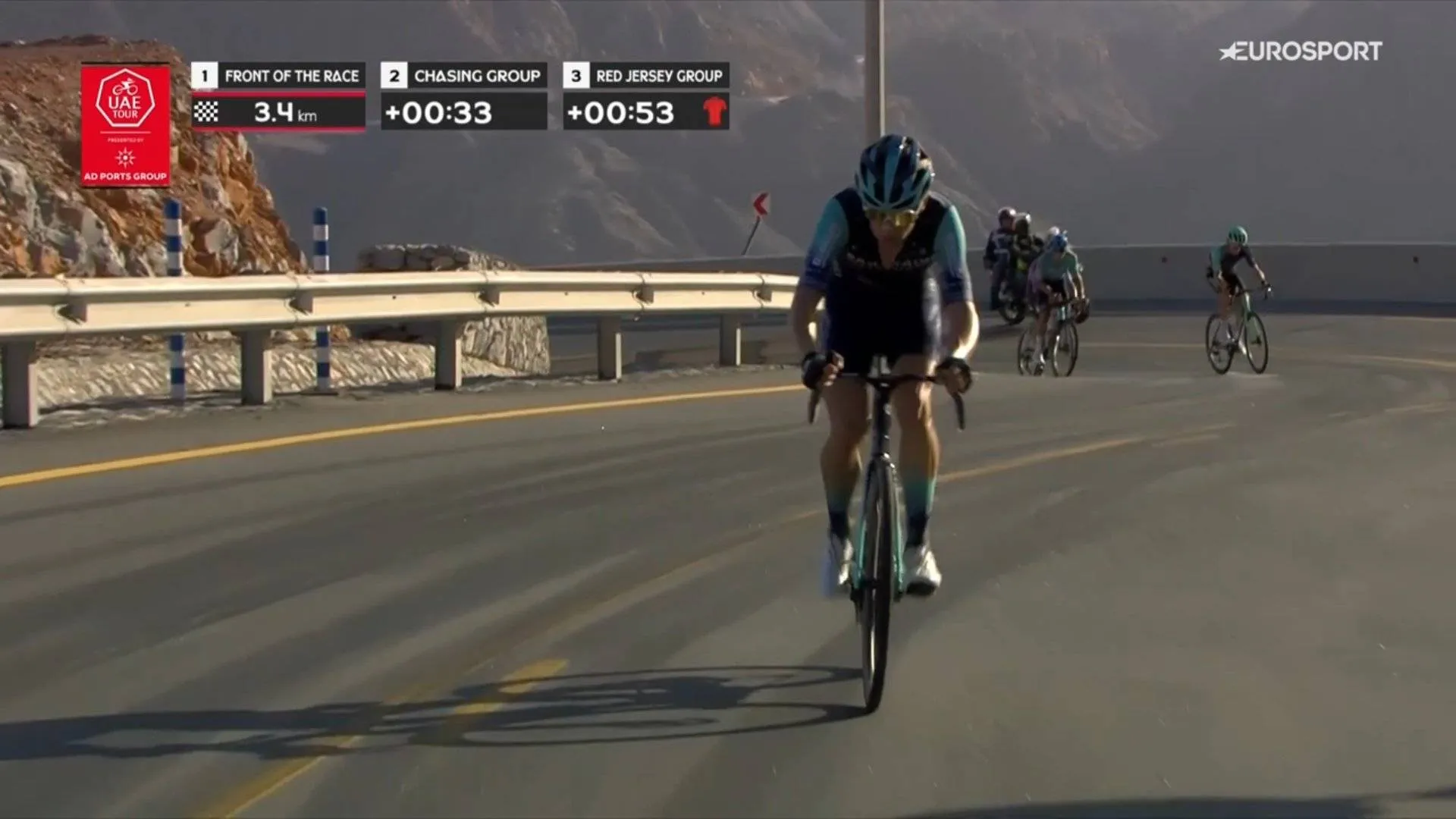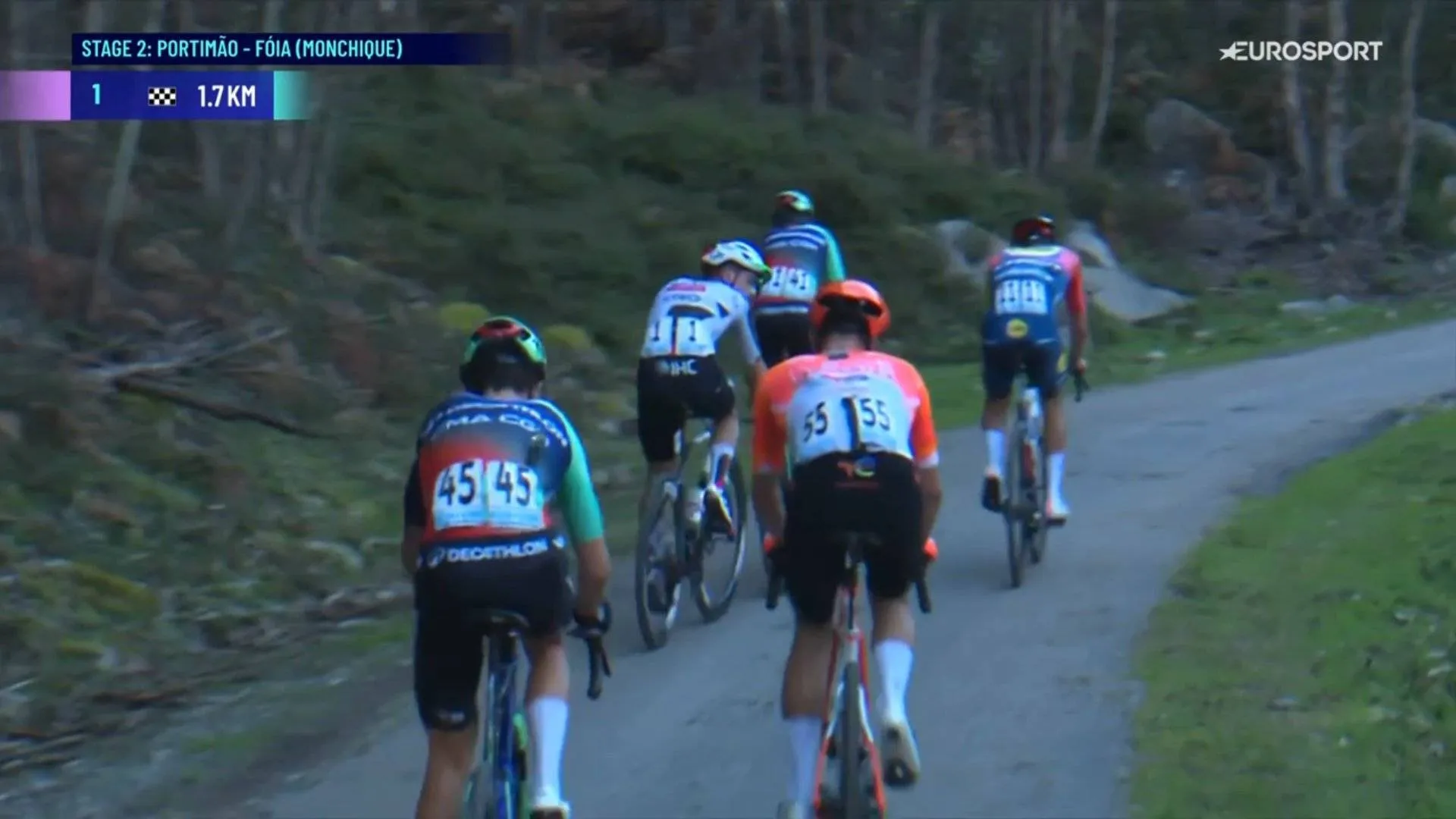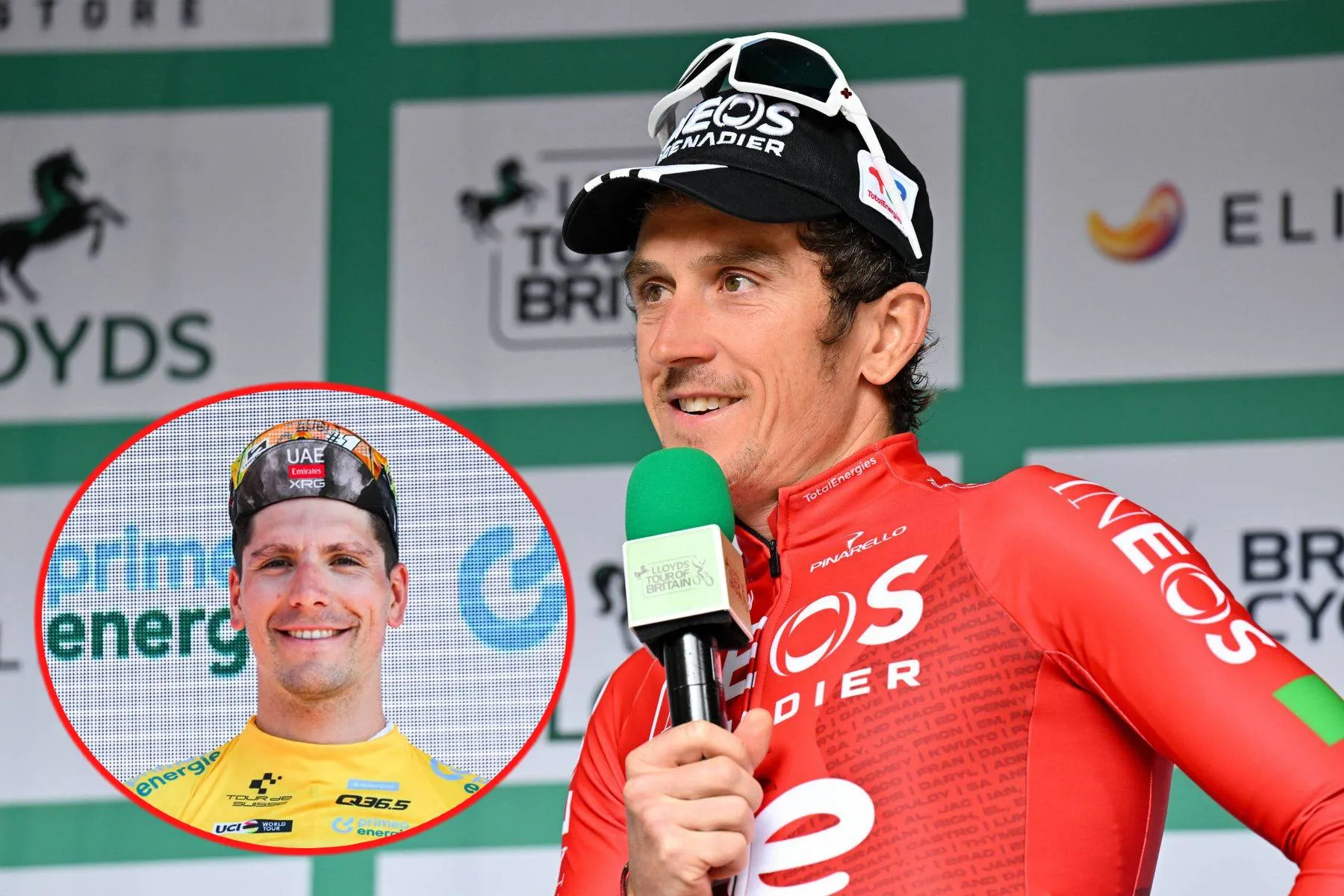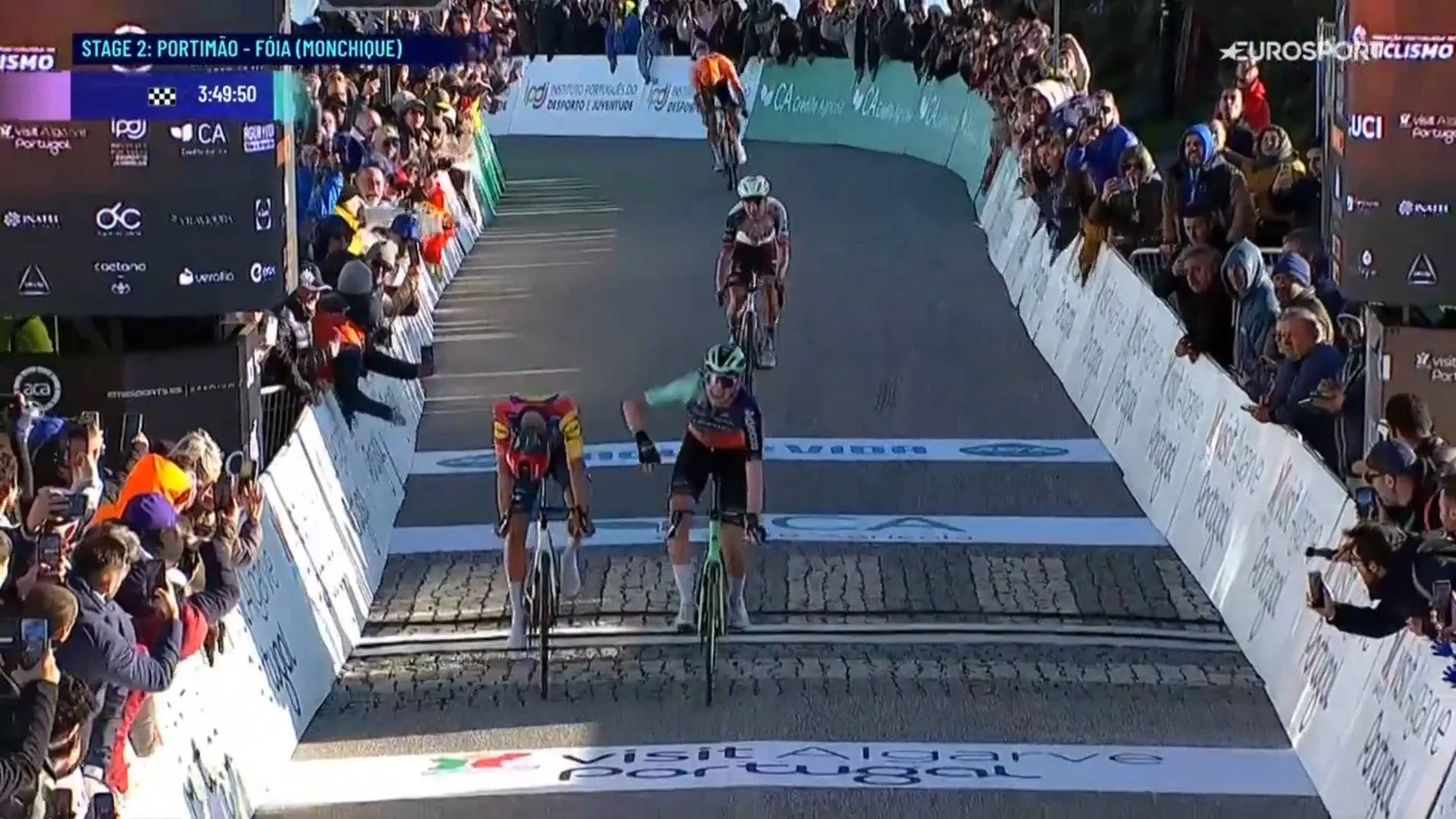Countdown to the Tour de France: 2 days | Fausto Coppi vs Gino Bartali in 1949
CyclingThursday, 03 July 2025 at 21:00
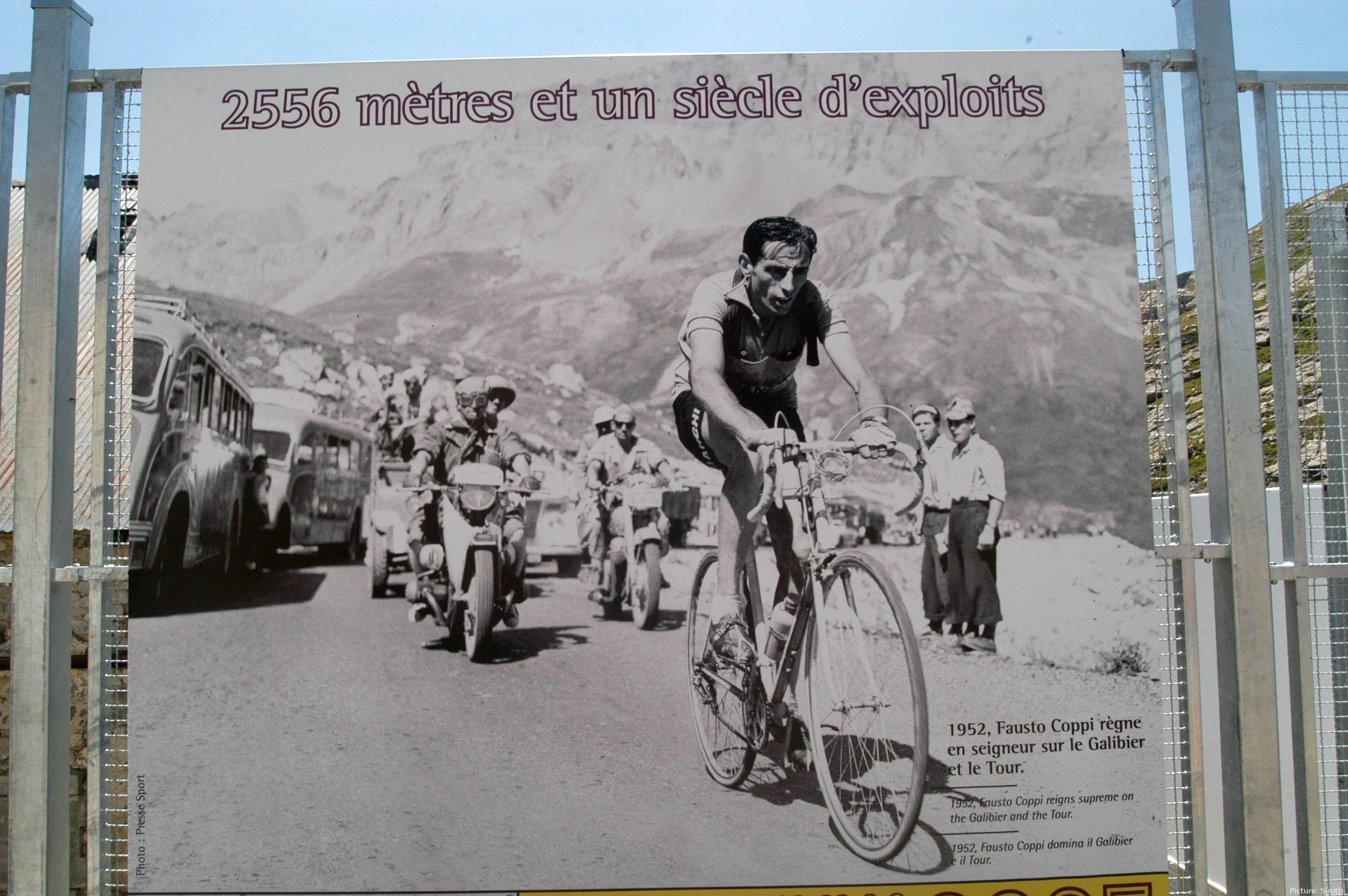
2 days. That’s all we have to wait until the 2025 Tour de
France gets underway. Finally the moment we’ve all been waiting for is nearly
here, In today’s Tour de France countdown article, we turn the clock back over
75 years to revisit one of cycling’s most legendary rivalries: the epic duel
between Fausto Coppi and Gino Bartali at the 1949 Tour de France.
These two Italian icons, one an established champion, the
other a rising superstar, transformed the 36th Tour into a thrilling internal
battle that captivated fans and transcended the sport. Bartali and Coppi’s
confrontation in 1949 remains one of the most celebrated episodes in Tour
history, with a clash of styles, generations, and relentless determination
unlike anything before it.
Let’s dive into how this rivalry shaped the 1949 Tour, and
find out why it is still a beloved chapter in cycling to this very day.
Read also
By 1949, Gino Bartali and Fausto Coppi were already national
heroes in Italy. Bartali, five years older, was a devoutly religious Tuscan
famed, and he had won the Tour de France twice (1938 and 1948) and was revered
for his role in lifting Italian morale after World War 2.
Coppi, in contrast, was the lean, modern champion from
Piedmont, nicknamed “Il Campionissimo” for his elegance on the bike, and prior
to 1949 he had won the Giro twice already, but had yet to prove himself in the
Tour.
Despite their common success, Bartali and Coppi embodied
different ideals. Bartali was seen as traditional and steadfast, while Coppi
represented innovation and a new era breaking through. Their rivalry had been
building through the 1940s, from Coppi’s breakout Giro win in 1940, and by the
late 1940s, Italy was split into two camps of fans: “Bartalisti” and
“Coppisti,” each fiercely loyal to their man. This competitive fire came to a
head on cycling’s grandest stage when both riders lined up for the 1949 Tour de
France.
Read also
Unlike modern Tours, the 1949 race was contested by national
teams, meaning Bartali and Coppi had to ride together on Italy’s squad. This
arrangement was fraught with tension from the start. Bartali was the defending
Tour champion (having won in 1948) and expected to lead the team. Coppi,
however, was fresh off victory in the 1949 Giro d’Italia and was aiming to
complete the Giro-Tour double.
The Italian team management, led by legendary ex-rider Alfredo
Binda, faced a dilemma: two superstar captains and only one yellow jersey.
During the team selection, Coppi nearly refused to participate at all, so
reluctant was he to defer to Bartali. Binda brokered a fragile truce just weeks
before the start, convincing the proud rivals to “join forces” for Italy’s sake.
Even so, the question of leadership loomed large once the
Tour began on 30 June 1949. Binda declared that ‘the road would decide’ the
winner, letting Bartali and Coppi sort it out through performance. In theory
this made sense, but in practice it only heightened the internal competition. Neither
man was willing to sacrifice his own ambitions, and it seemed like the alleged
truce would shatter at any point.
Read also
Stage 5
The opening week of the 1949 Tour did not go smoothly for
either Italian star. Both Bartali and Coppi lost time in the flat stages and
hovered well down the general classification. The simmering tension erupted
into crisis on Stage 5, when midway through that stage, Coppi leapt into a
breakaway with race leader Jacques Marinelli, eager to claw back time.
But disaster struck when Coppi crashed heavily, shattering
his bike. As Marinelli remounted and carried on, Coppi stubbornly refused a
replacement bicycle from the team car, he insisted on waiting for his own spare
bike, wasting valuable minutes. His frustration grew to the point that he threatened
to quit the race on the spot.
Read also
Bartali eventually arrived on the scene to find Coppi
stranded. In an extraordinary show of sportsmanship, Bartali stopped and waited
for his teammate, despite their rivalry. When team manager Binda finally
arrived with Coppi’s spare bike, the pair set off together, trying to limit the
damage. But Coppi was shaken and exhausted from the crash, and he soon began to
fall away.
After riding slowly for some time, Bartali made the hard
choice to leave Coppi behind. With Binda’s permission, Bartali rode on ahead to
avoid sacrificing his own Tour chances.
The fallout from Stage 5 was severe. Coppi limped to the
finish a staggering 18 minutes behind the leaders, an eternity in Tour terms.
He fell over half an hour down in the overall standings and was utterly
dejected. That evening, an enraged Coppi felt the team had failed him, why
hadn’t the Italian support car stayed closer when he was in a crucial break?
Read also
To Coppi, it seemed proof that the team prioritized Bartali
as leader. Feeling betrayed, the proud campionissimo talked of abandoning the
Tour altogether, and it took all of Alfredo Binda’s managerial skill and
persuasion to calm Coppi down and keep him in the race.
The mountains
Yet, over the next few weeks, it became clear that Fausto
Coppi’s Tour was far from over. Slowly but surely, he started chipping away at
the time, and managed to win stage 7’s 92km time trial (yes 92km) to La
Rochelle.
The 1949 Tour’s decisive battles unfolded in the Alps during
the third week, where the Coppi, Bartali rivalry reached its dramatic peak. By
Stage 15, Bartali had climbed to 2nd overall and Coppi 3rd, both within
striking distance of the yellow jersey. Stage 16, on July 18, was a monster
alpine stage from Cannes to Briançon (275 km), and this was terrain Bartali
knew well, he had triumphed on Izoard in his 1938 and 1948 Tour wins, but now
Coppi was equally poised to attack.
Read also
Sure enough, on the barren slopes of Izoard, Bartali made
his move. The 34-year-old champion surged ahead in a bid to drop all rivals.
Only one man could answer: Coppi. Urged on by Binda to cooperate, Coppi bridged
up to his teammate, and together the two Italians rode away from the fieldIt
was a devastating tandem display, the rest of the peloton, including the race
leader, was left far behind on the climb.
Bartali and Coppi reached Briançon hand in hand, having
gained over 20 minutes on everyone else. In an iconic gesture, Coppi allowed
Bartali to cross the line first as a birthday gift, it was Bartali’s 35th
birthday, and Coppi gave him the stage win. This show of respect amid rivalry
delighted the Italian fans and highlighted the complex mix of competition and
camaraderie between the two.
If Stage 16 was a triumph for Bartali, Stage 17 (Briançon to
Aosta, 257 km) would prove to be Coppi’s crowning glory. This route took the
riders over the Alps into Italy, including the towering Col de l’Iseran at
2,770 m, the highest point of the 1949 Tour. Bartali and Coppi once again rode
clear of all rivals in the mountains, continuing their private duel.
Read also
But about 40 km from the finish, misfortune struck Bartali.
He punctured a tire on a rough descent. As he stopped to fix the flat, Coppi
exhibited true sportsmanship, he sat up and waited for Bartali to rejoin. The
Italian tifosi lining the roads roared in approval seeing their two heroes back
together. Yet only a few kilometers later, Bartali’s luck turned again: he crashed
on slippery rocks, taking a hard fall.
This time, Coppi’s patience waned. With Bartali slow to
remount, Binda finally gave Coppi the signal to ride for himself. The younger
Italian seized the moment, he attacked solo, flying up the road in a blur of
determination.
Coppi’s solo ride into Aosta became the decisive act of the
1949 Tour. Free of team orders, he stormed ahead over the remaining climb and
down into the finish, winning Stage 17 by several minutes over a battered
Bartali.. In one fell swoop, Coppi erased his deficit and claimed the maillot
jaune.
Read also
Bartali limped in behind, physically and emotionally drained,
his hopes of consecutive Tour victories dashed on the roads of his home
country. As Coppi pulled on the yellow jersey that day, many sensed a symbolic
changing of the guard in Italian cycling. The younger champion had risen to the
occasion and supplanted the older legend.
Italian fans, thrilled by Coppi’s triumph but still devoted
to Bartali, were euphoric. In fact, so many Italian tifosi had swarmed into
Aosta to celebrate that some unruly incidents occurred: partisan crowds smashed
the windows of French team cars and hurled insults at French riders.
With the Alps conquered and the team leadership question
definitively resolved, Fausto Coppi rode confidently in yellow through the
final stages back into France. There were still a few challenges left,
including an unprecedented mountain time trial on Stage 20, but Coppi was
untouchable.
Read also
Fittingly, he hammered the Stage 20 time trial (137 km from
Colmar to Nancy) for his third stage win of the Tour, putting another 7 minutes
into Bartali. By the time the race reached Paris on July 24, 1949, Coppi had
amassed a commanding lead of 10 minutes 55 seconds over Bartali in the final
general classification. Italy finished 1st and 2nd, with Coppi also seizing the
King of the Mountains title to cement his dominance of the race.
Legacy
Fausto Coppi’s victory in the 1949 Tour de France was
historic on multiple levels. At 29, he became the first cyclist ever to achieve
the Giro d’Italia–Tour de France double in the same year, a feat that highlighted
his all around brilliance. For Coppi, this Tour marked the definitive arrival
of “Il Campionissimo” on the world stage, confirming his status as one of the
sport’s all-time greats.
As we reflect on that summer of 1949, we see more than just
a winner and a runner-up, we see two legends whose duel on the road became the
stuff of cycling legend. Their sportsmanship and tenacity left an indelible
mark on the Tour de France. In the end, Fausto Coppi rode into Paris in
triumph, but it was the electric rivalry with Gino Bartali that truly defined
the 1949 Tour. More than seven decades later, their battle in the Alps and
beyond still echoes through history, a shining example of the Tour’s most
dramatic and unforgettable rivalries.
Read also
claps 1visitors 1
Just in
Popular news
Latest comments
- I was going to post the same comment. He just can’t catch a break.Pedalmasher20-02-2026
- Totally agree. This kid has a bright future.Pedalmasher20-02-2026
- The thing is, he never has to worry about his career because he can spend the rest of his life living rent-free in your head.antipodeanpedalfan20-02-2026
- That's true, but you can't count out a resurgence from him later like Vingegaard did in 2025 (although he was 10 seconds behind, not 30)
 Rafionain-Glas19-02-2026
Rafionain-Glas19-02-2026 - Lipowitz ddn't really keep up to the big boys today either.....mobk19-02-2026
- Yes, the guy is no fluke. Even if he fails to improve over the next 15 years he’ll do damage. That young blood is going to keep the establishment working hard.Mistermaumau19-02-2026
- This excuse is harmless, just quaint and amusing. The excuse I really disliked was when he accused a mechanic of improperly adjusting his saddle, endangering the mechanic's job: blaming others for your own limitations is a serious matter.
 maria2024202419-02-2026
maria2024202419-02-2026 - ok so this is impressive - I trashed this guy all winter, get a pro win before the anointing. against a quality field. And Onley and Riccitello look good too. fun to see young blood.mij19-02-2026
- Minor flaws.... thats like suggesting Genghis Khan was a bit aggressive with other countriesslappers6619-02-2026
- Then you carry on if that's what makes you happyslappers6619-02-2026
Loading
Write a comment
